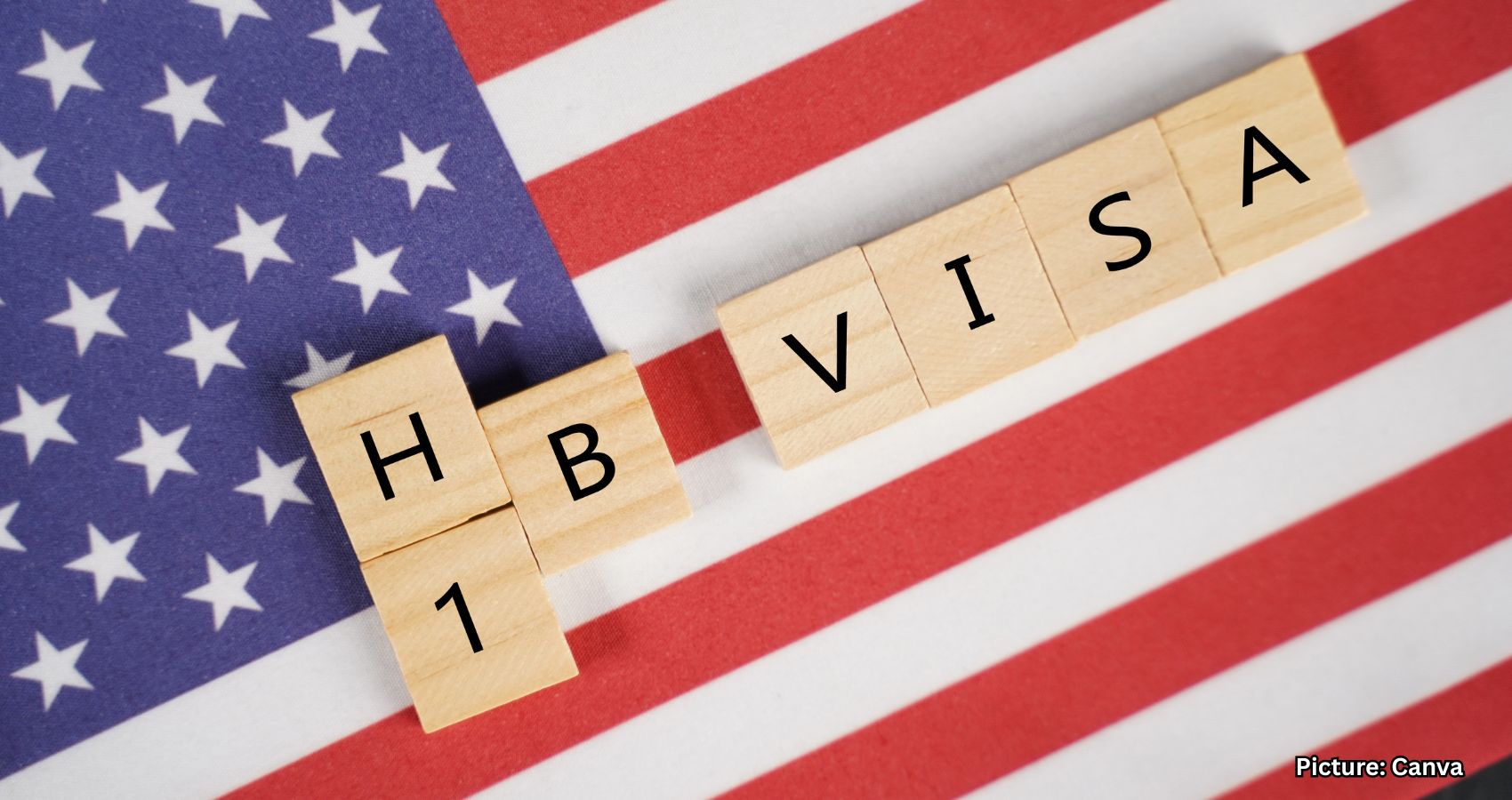The new $100,000 fee for certain H-1B visa petitions, effective September 21, 2025, raises questions about applicability, exemptions, and payment processes for employers and foreign nationals.
The “Restriction on Entry of Certain Nonimmigrant Workers” is a presidential proclamation that introduces a significant $100,000 fee for specific H-1B visa petitions submitted after September 21, 2025. This new fee is set to impact a variety of stakeholders, including employers and foreign nationals seeking employment in the United States.
On October 20, 2025, the U.S. Citizenship and Immigration Services (USCIS) provided an update regarding the fee’s applicability. This update clarified who is responsible for paying the fee, the timing of the payment, and the eligibility criteria for exemptions.
The $100,000 fee will not apply to H-1B petitions filed before September 21, 2025. Additionally, petitions filed on or after this date that involve an amendment, a change of status, or an extension of status for individuals already in the United States will also be exempt, provided these requests are approved.
While USCIS did not explicitly address change of employer petitions, these typically involve status extensions and are generally considered exempt from the fee. Beneficiaries approved under these conditions will not be required to pay the fee if they later leave the U.S. and apply for a new H-1B visa or seek admission in H-1B status.
Conversely, the $100,000 fee will apply to new H-1B petitions filed from September 21, 2025, onward for foreign nationals who are outside the U.S. without a valid H-1B visa. It will also apply to petitions requesting consular notification, port of entry notification, or pre-flight inspection for beneficiaries physically present in the United States.
In situations where a beneficiary is currently in a non-immigrant status within the U.S., but USCIS denies their change of status to H-1B, the employer must pay the fee for the beneficiary to apply for the H-1B visa abroad or seek admission in H-1B status.
Exemptions to the fee have also been clarified. Contrary to previous assumptions, organizations exempt from the American Competitiveness and Workforce Improvement Act (ACWIA) cap—such as nonprofit universities, governmental bodies, and nonprofit research institutions—are not relieved from paying the fee.
USCIS has outlined a very limited path for seeking a national interest waiver. Such waivers, granted solely at the discretion of the Secretary of Homeland Security, are reserved for “extraordinarily rare circumstances.” To qualify, employers must demonstrate that the foreign worker’s presence in the U.S. benefits national interests, that no U.S. worker can fill the role, that the individual poses no security or welfare risk, and that imposing the fee would harm U.S. interests. Requests with supporting documentation should be sent to H1BExceptions@hq.dhs.gov, although processing timelines remain unclear.
It is important to note that the USCIS criteria for exemption are more restrictive than the broader provisions outlined in the original proclamation, which allowed for industry-wide or company-wide exemptions deemed to be in the national interest.
The payment process for the $100,000 fee requires completion online via ACH transfer to the U.S. Treasury before filing the petition. The payment portal indicates that a full refund will be processed if the application is not approved. However, it remains unclear if this refund policy applies solely to visa applications or also to petitions. There is no explicit guidance on payment timing if a change of status request is denied.
Legal challenges to the fee have already emerged. Several lawsuits have been initiated, including one filed in the Northern District of California by diverse employers, such as healthcare recruiters and unions. Additionally, the U.S. Chamber of Commerce has filed a separate suit in the District of Columbia, alleging that the fee is unlawful and detrimental to American businesses.
Given the ongoing uncertainties surrounding the fee’s implementation and the unsettled regulatory environment, foreign nationals currently in the United States should exercise caution before planning any travel abroad, especially when needing to secure an H-1B visa. The guidance is subject to change without formal rulemaking, and potential government shutdowns could limit consular services, leading to delays. Therefore, travel plans should be flexible and coordinated closely with legal counsel and employers.
Source: Original article

